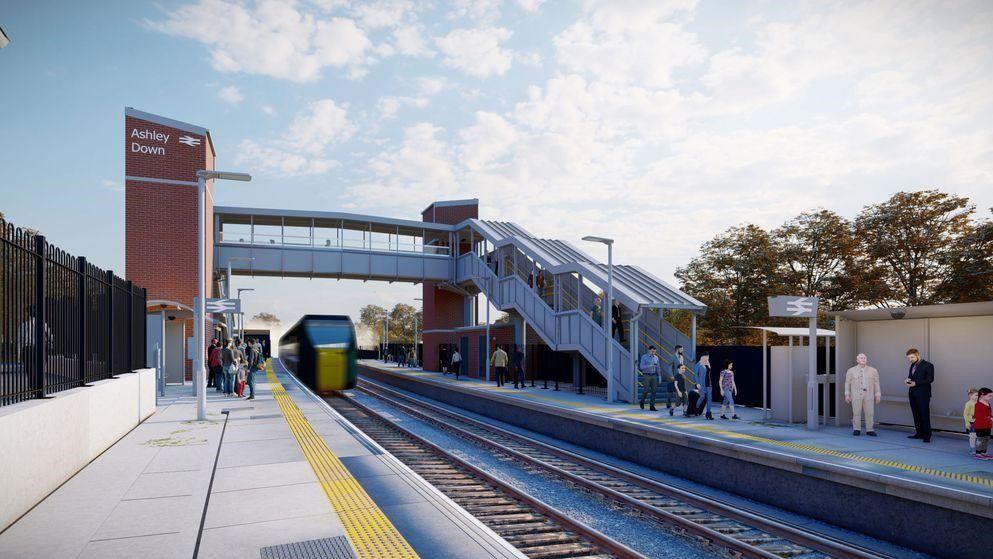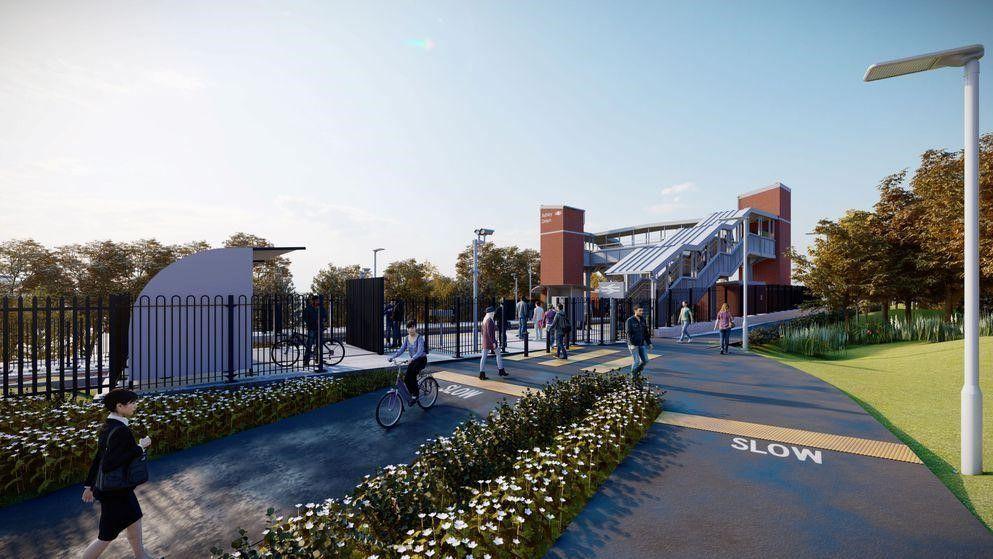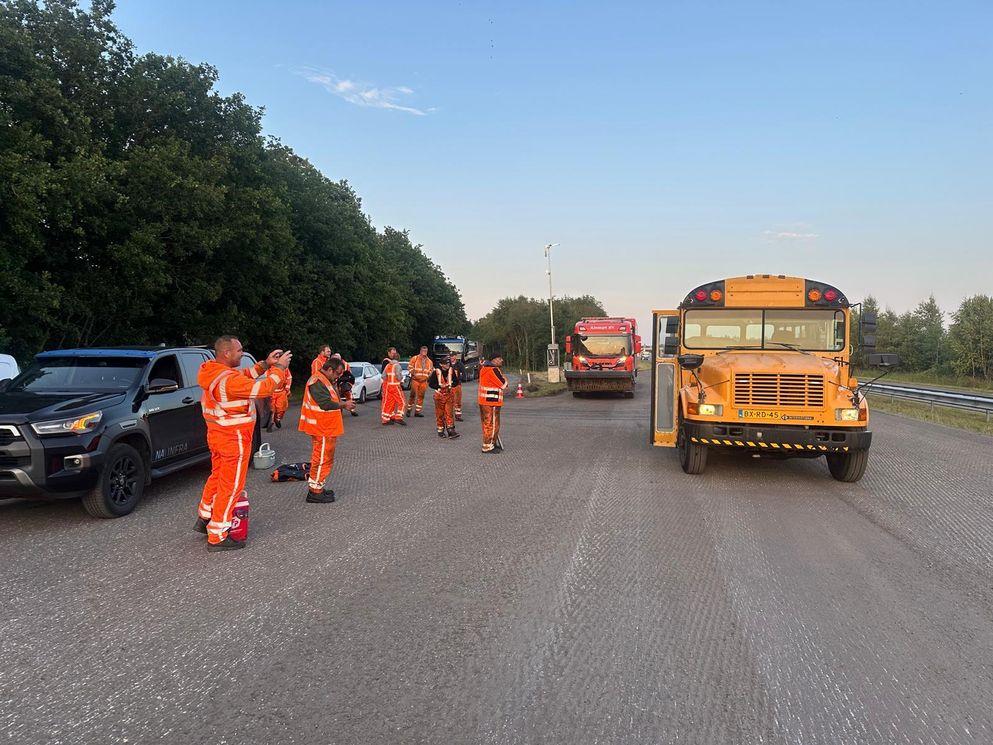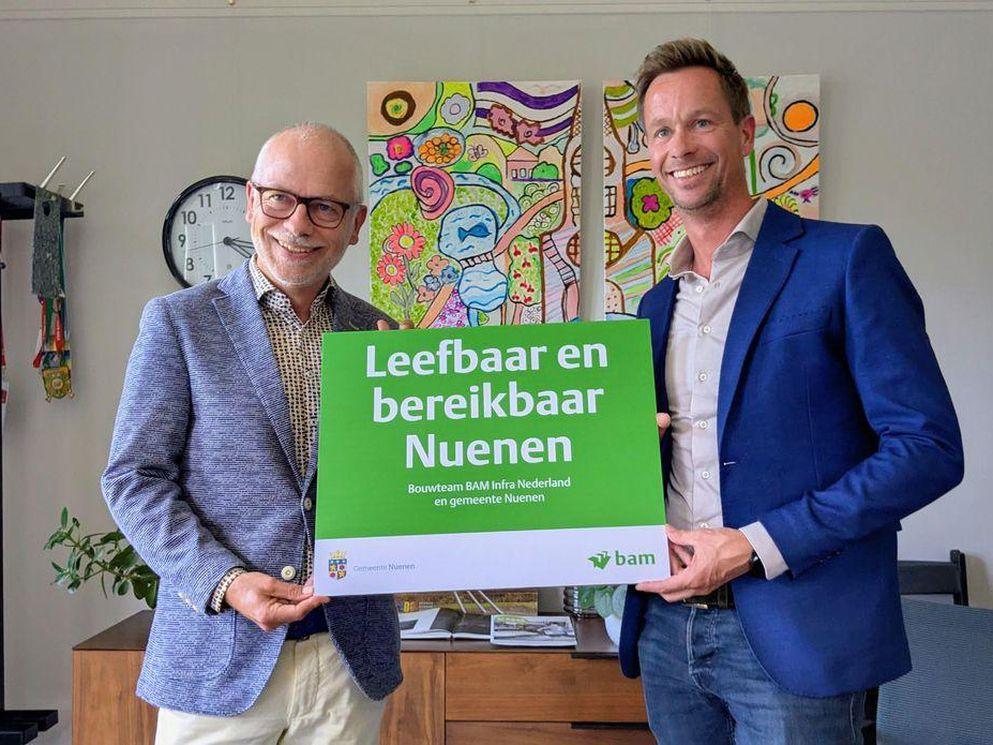BAM begins construction on Ashley Down station in Bristol
Bristol, 15 March 2023 - BAM has started work on the new Ashley Down Station in Bristol. The station, which will be between Temple Meads and Filton Abbey Wood, will be completed in 2024.
The new station is part of the wider MetroWest 2 project which will re-open the Henbury Line, between Bristol Temple Meads and Henbury, to passenger traffic. It is the first of three new stations that are planned as part of the project.

BAM is working in close collaboration with Network Rail, Bristol City Council, West of England Combined Authority, and Great Western Railways to deliver the scheme, which will improve public transport links within the West of England.
Alan Cox, BAM Managing Director of Transport, said: ‘BAM has a proud record of building new stations and reopening unused ones. In the last ten years, we have been involved in the opening of 30 stations across the UK, enabling or enhancing 58.3 million passenger journeys each year. We’re delighted to be chosen to build the new Ashley Down Station, a significant scheme, which will improve public transport in the West of England as part of the MetroWest 2 project.’
The site used to be home to Ashley Hill Station, which closed in 1964 as part of the Beeching cuts, which saw roughly 5,000 miles of track closed and more than 2,300 stations axed in the 1960s, mainly in rural areas. The new Ashley Down station will give residents in the north of Bristol their own station once again, after nearly 60 years.
Dan Norris, Metro Mayor for the West of England, said: ‘I’m proud of this sizeable investment from my West of England Mayoral Combined Authority as we go full steam ahead with our ‘reverse Beeching programme’ to give residents the railway stations they’ve been crying out for and deserve. Spades in the ground is what it is all about. Delivering for local people. The last time there was a station here, man hadn’t yet stepped on the moon. Improving public transport is so important to help people get from A to B in the West of England, and to meet our ambitious net-zero targets locally.’




